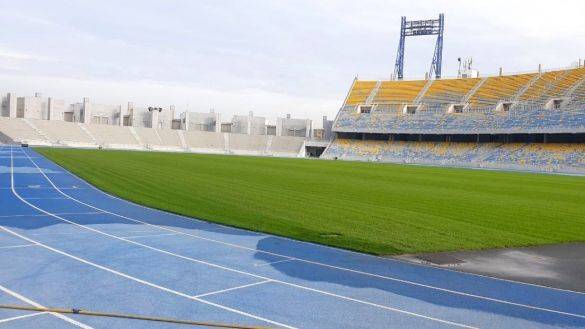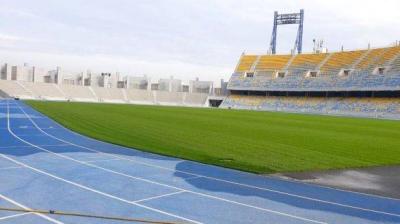A new type of self-cooling artificial grass is being used in sports fields to protect athletes from burns and heat exhaustion. This system is based on an innovative technique called "biological cooling." The artificial grass is designed to effectively absorb rainwater, which collects in the roots and plant tissues. On hot days, the artificial grass slowly evaporates the absorbed water to keep the surface cool and protect athletes. This system exemplifies how technology can be integrated into various fields, potentially having a positive impact on both sports and the environment.
In fact, this self-cooling artificial grass operates similarly to how natural grass cools itself. This type of grass is inspired by blue and green surfaces that can store rainwater and use it to cool roof surfaces, providing additional cooling for the buildings adjacent to them. The reservoirs beneath the artificial grass are very large, capable of holding up to 512,000 liters of rainwater when placed under a standard football field. This type of grass serves as an alternative to synthetic options and may be a solution for warmer areas, especially as temperatures continue to rise due to global warming.
During tests, the temperature of the artificial grass field did not exceed 37 degrees Celsius, making it only 1.7 degrees cooler than a natural grass field. This makes these artificial fields an excellent alternative to standard synthetic options and a valuable addition for cities and sports facilities in terms of sustainability and safety.




